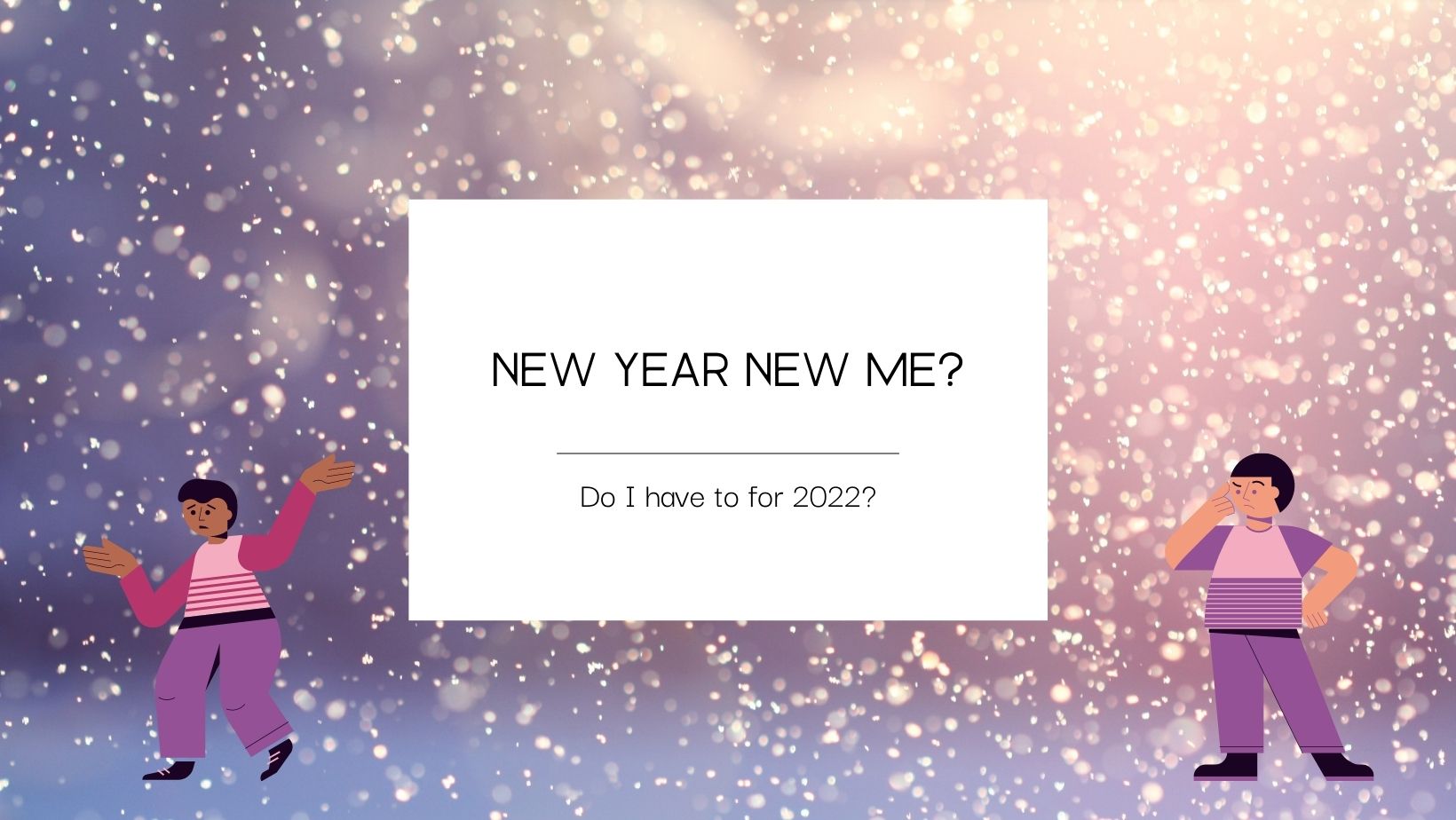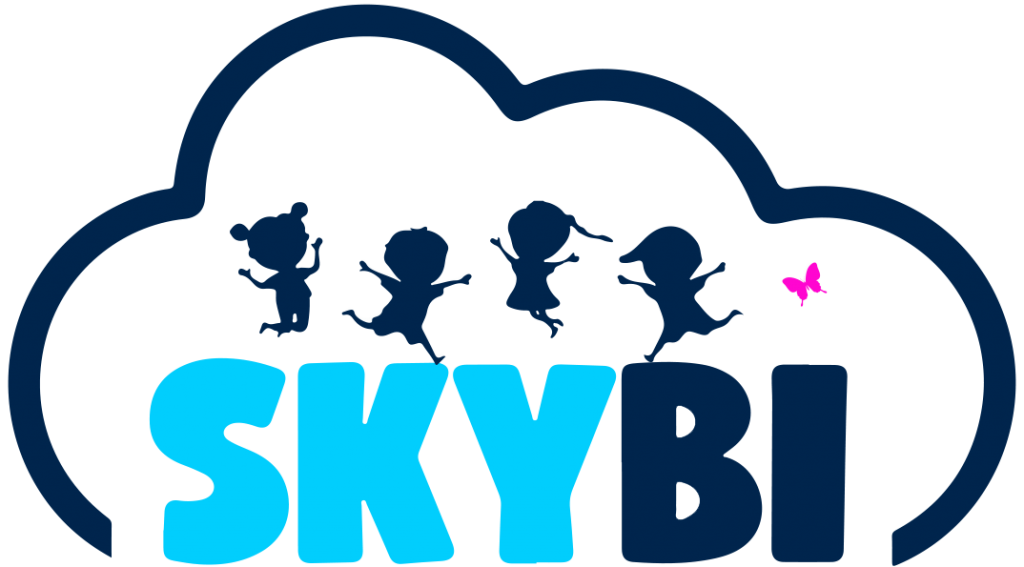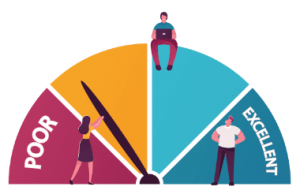13-9, 2 Rio Tower, Persiaran Rio, Bandar Puteri, 47100 Puchong, Selangor, Malaysia.

New Year, New Me? Reviewing the necessity and maintenance of New Year Resolutions
New Year usually symbolises new beginnings, and the year 2022 is no different. Many posts on social media boomed on self-reflection over the past year and new (or recycled) goals to strive for as the clock struck 12 on the first day of the new year. A study by Hallinan et al. (2021) examined the practice of New Year Resolutions made on social media across both Eastern and Western cultures, and found that many have similar focus on the self yet slight differences in aspects (such as environment, community, etc.) depending on the culture, blurring the lines of the commonly perceived notion of the individualistic West and the collectivistic East.
In fact, New Year Resolutions actually originated from Babylonians 4,000 years ago, in which they hold a festival to crown a new king, reaffirm their loyalties, and make promises to the pagan gods so that good favours are bestowed upon them for the year for their good conduct. If not, they fear falling out of favour should they fail to meet those promises. Similar practices on resolutions were also reportedly found during Julius Caesar’s rule, and among early Christians. And fun fact: did you know that most cultures in the northern hemisphere celebrate the New Year around April due to the March equinox? The Thai new year Songkran and the Persian new year Nowruz tend to be around the end of March and early April. Even the zodiac Aries (20 March to 21 April) is considered the first of the 12 signs. Same goes with the Julian calendar. And when people started switching from the Julian calendar to the Gregorian calendar of January being the first month, those who missed the memo and continued celebration on April 1st became the butt of jokes, thus April Fools’ Day came about.
Now, in modern times, as we follow the Gregorian calendar, Resolutions are a secular practice, with less religious emphasis and more focus on self-improvement. Interestingly, despite the long history of the practice, statistics have also shown that not many were able to meet those goals. In 2015, only a whopping low 8% among 45% of the Americans who created those resolutions actually met their goal. If not for religion, do we honestly need to create these goals for the sake of New Year? If we do choose to create these goals, how can we motivate ourselves to meet and maintain them?
Know Your Why
Many set personal goals to motivate or improve themselves. Knowing and setting your intentions for New Year Resolutions is an important hallmark in goal-setting. According to motivation psychologist Koestner, oftentimes people make ambiguous and conflicting goals, which makes meeting them difficult, or maintenance rather short term. Studies have also shown that people who pursue goals authentic to themselves are more likely to achieve them than through self-applied guilt.
Oftentimes, even the goals that seem personal to us may have ties to others’ expectations and stigmas, such as how we would like them to perceive us (them liking us, having positive views of us, having many followers, etc.). Hallinan et al. found that the most common resolutions seem to emphasise on improvement and acceptance of health and relationships. Health included not just weight loss and smoke cessation, but also mental health. However, a nurse noted all the way back in 1998 that weight loss goals can be rather tricky because despite spending on special foods, diet regimes and over-the-counter remedies, many still gained back the weight, and sometimes more than before. People end up in a vicious cycle of guilt and shame when this happens, and it does not help when others contribute to the weight stigma, thus affecting both physical and mental health. It is important to not only educate yourself on evidence-based practices, but also reflect on what drives you to pursue such goals. Do also note that health is not tied solely to personal choice and responsibilities, but also many factors such as privilege, socioeconomic statuses, genetics, environment, etc.
Know your own Efficacy
When setting goals, another factor to consider is your ability, as well as beliefs of your own ability, in achieving those goals. Knowing the areas you want to improve or maintain and your limits are important so that you know whether the goals are achievable, and which steps are realistic and within your capabilities to meet those goals. Self-efficacy does not mean having better discipline, or focusing on the outcome, but rather, the assessment as well as access to skills and resourcefulness to influence performance.
One way to assess this is through the WDEP system: Wants, Doing, Evaluation and Planning. According to reality therapists, each subunit influences one another, and must be followed step by step accordingly rather than exist in isolation. This system can be applied either individually, with a friend or family member, and even within an organisation.
Know your Readiness
Motivation research has found that self-concordance – the extent to which a goal reflects personal values and conviction versus obligations by internal and external pressures – has positive relations with goal progress. That is to say, aside from intention, there is better progress through personal motivation than being compelled by others. From that, it is good to check whether you are ready to implement such goals or not. Setting goals when you are told to do so despite being overwhelmed by other factors such as recovery from chronic illness, when lacking the knowledge and awareness in implementing said goals, or when comparing yourself to others who may have different life circumstances may set up unrealistic expectations and jeopardise goal progress. Parallel to therapy, therapists would collaborate with clients and allow them the space to set their own choices in working towards their therapy goals at their own pace instead of telling them what to do.
As we are slowly recovering from the COVID-19 pandemic and facing the transition back towards face-to-face routines during this new year, let us make space for ourselves to slow down and reflect. It is okay whether you choose to set New Year Resolutions or not. Whether you are struggling to make improvements or accepting current life circumstances, should you choose to aim for new year goals, you can use SMART goals method to have a headstart and refer to this link for comprehensive steps https://corporatefinanceinstitute.com/resources/knowledge/other/smart-goal/
Not only that, SKYBI is also providing counseling services should you need the safe and neutral space to process your emotions about the New Year. While there are many ways in setting resolutions, you are welcome to come for counseling, and you can work with our counselors to see which fit works best for you. And with that, we wish you a happy 2022!
[1]]https://www.tandfonline.com/doi/full/10.1080/1369118X.2021.1983003
[2]https://www.history.com/news/the-history-of-new-years resolutions#:~:text=The%20ancient%20Babylonians%20are%20said,when%20the%20crops%20were%20planted.
[3]https://www.vox.com/2015/12/31/10695504/new-year-calendar-2016
[4]https://www.bnd.com/living/liv-columns-blogs/answer-man/article188770074.html
[5]https://www.history.com/topics/holidays/april-fools-day
[6]https://psycnet.apa.org/record/2008-03783-007
[7]https://journals.sagepub.com/doi/abs/10.1177/00221678014110044
[8]https://www.nejm.org/doi/pdf/10.1056/nejm199801013380109
[9]https://journals.sagepub.com/doi/abs/10.1177/104225879401800404
[10]https://eudl.eu/pdf/10.4108/eai.14-9-2019.2290053#:~:text=WDEP%20is%20an%20acronym%20for,for%20counselors%20and%20class%20teachers.
[11]https://psycnet.apa.org/getdoi.cfm?doi=10.1037/0022-3514.83.1.231
[12]https://pubmed.ncbi.nlm.nih.gov/21184017/







